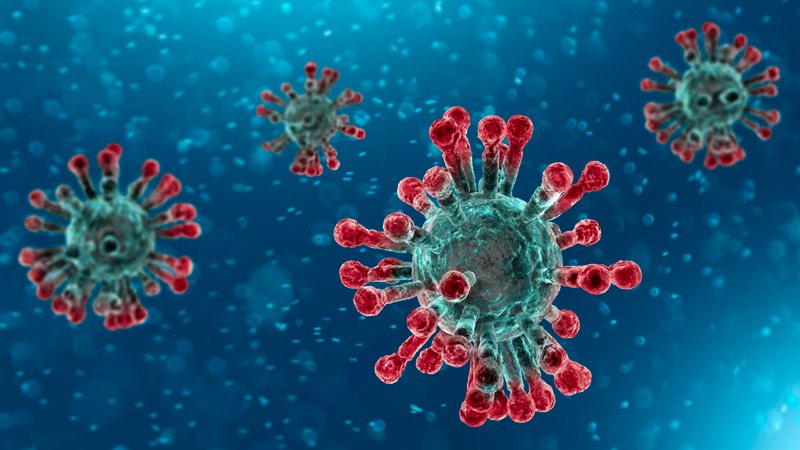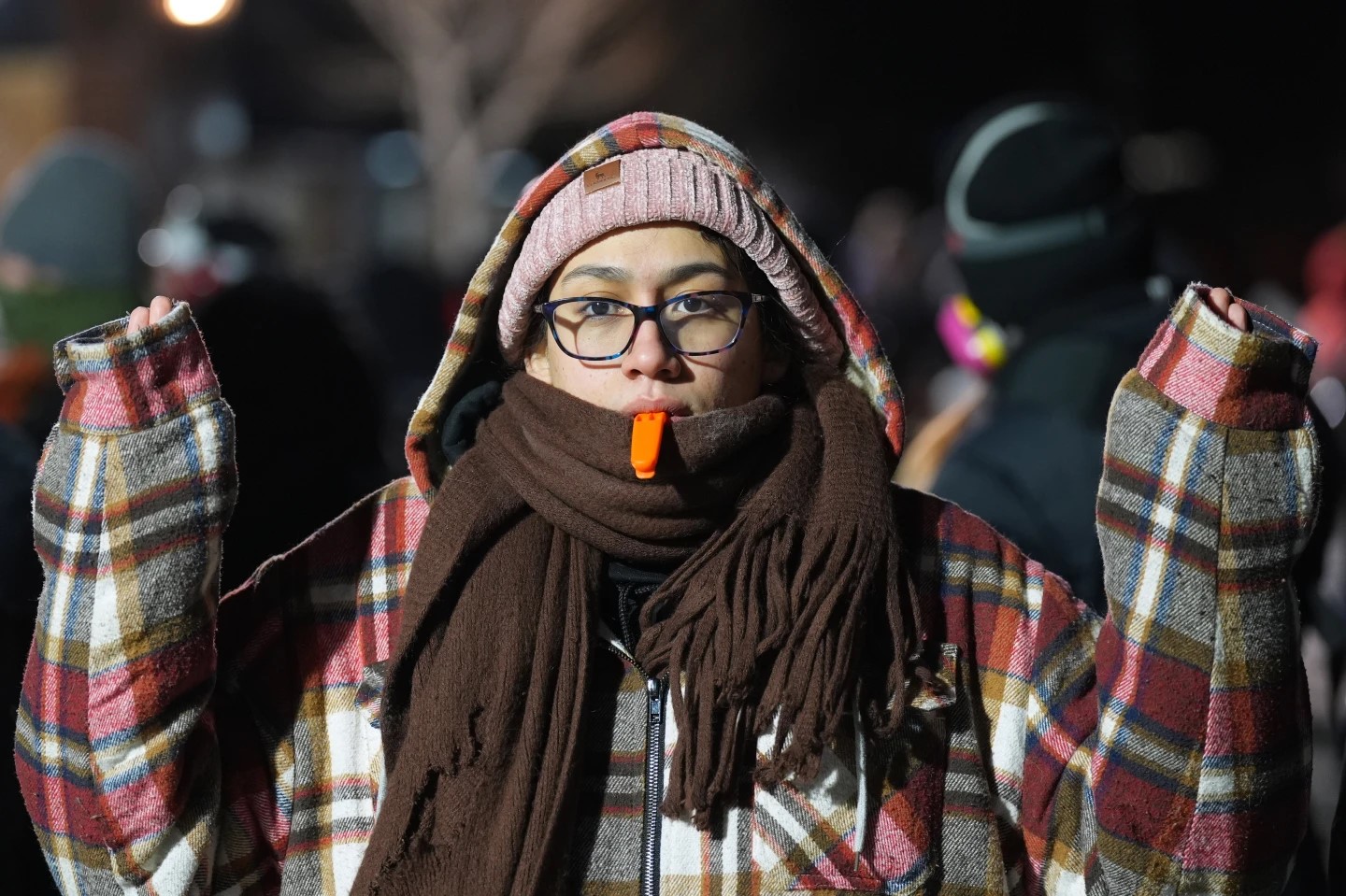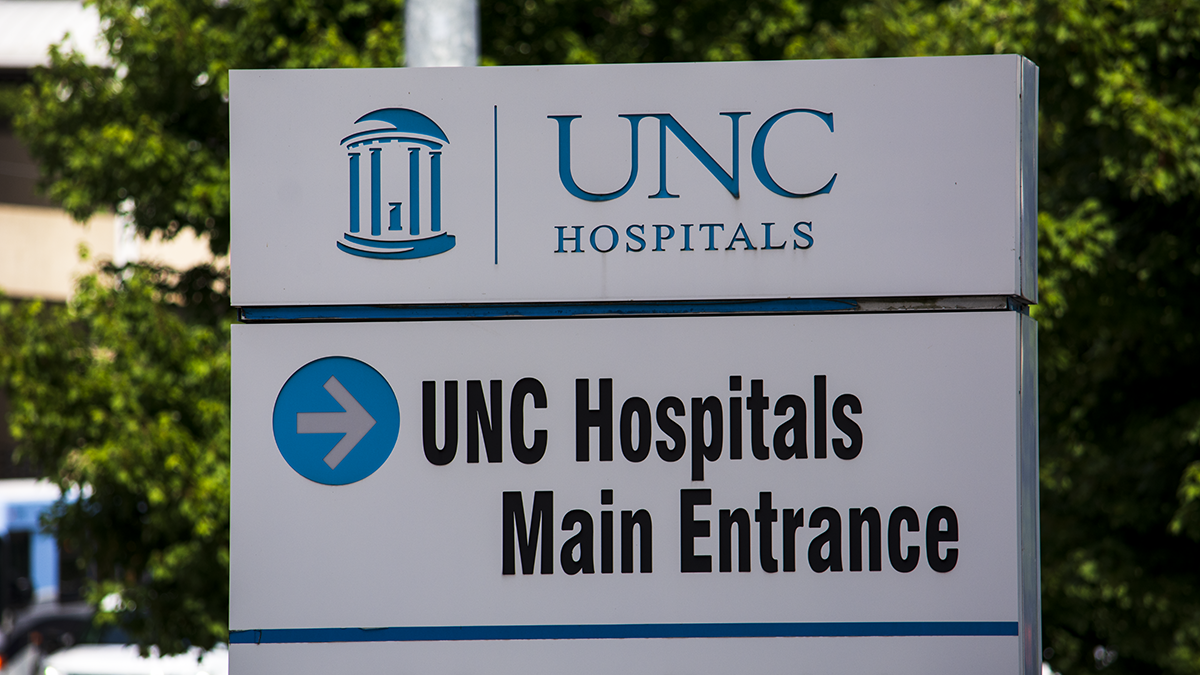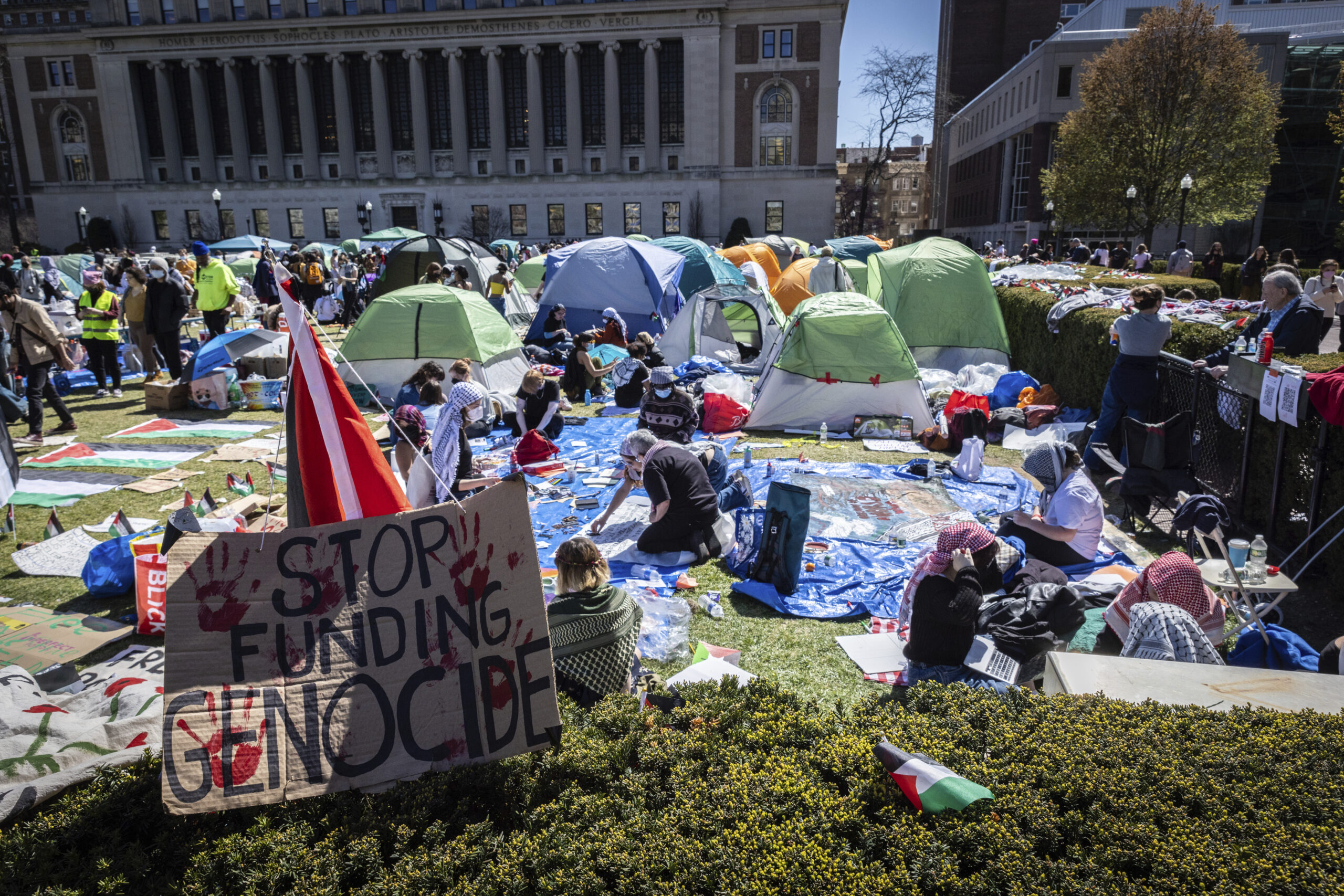One infectious diseases expert said, while we initially did a good job at flattening the curve, there are a lot more questions that need answers before we are in the clear.
With the rapid spread of the coronavirus outbreak, there has been a large effort nationally and internationally to increase testing, slow the spread and research treatment options.
Dr. David Wohl co-leads a respiratory diagnostic center at UNC Medical Center in Chapel Hill, where outpatients are tested for COVID-19. He is also part of the leadership team for a large, nationwide, trial testing to treat patients with COVID-19. Wohl has been involved with outbreak response for the past six years.
He said one of the keys to getting this pandemic under control is identifying COVID-positive people as early as possible so they can stop ongoing transmission and give people their best chance at survival. To do that requires continued, vigorous testing.
This means expanding testing to marginalized groups and at-risk populations – something Wohl has been leading the effort at doing.
With this increased testing comes an increase in identified cases, but Wohl said the number of cases isn’t the best identifier of how we are managing to flatten the curve and where we are with the pandemic.
“One thing you can’t really hide are hospitalizations,” Wohl said. “I think that’s really the truest canary in the coal mine for us. If we’re seeing people get sick enough to be admitted to the hospital that’s telling you we have not flattened the curve.”
Wohl said when someone gets sick in the hospital, healthcare workers are looking at the state of the outbreak two weeks before. Which means, in light of current events, more people might end up in the hospital in the near future.
“I think if we’re going to see an uptick due to re-opening – due to the protests that we’re seeing – it’s not going to be tomorrow,” Wohl said. “It’s going to be another two to three weeks from now.”
Wohl said all of these protests and lack of social distancing have stirred up big concerns for those working on the front lines.
“The virus doesn’t care if you’re there protesting for one cause or another,” Wohl said. “It doesn’t care if you’re at a racetrack. All it cares is ‘I’m inside of a body that’s infected and I’m next to a susceptible host.’”
Wohl said when people find themselves in close proximity with others, it’s critical to take the right precautions to mitigate the risks of transmission. He said it’s not just the protests that are concerning, but also work environments and political events.
As we expect to continue facing the effects of this pandemic for the foreseeable future, Wohl doesn’t see how the Republican National Convention can be safely held.
“I think one of the things that has been somewhat disheartening to those of us who are working hard on this is how politicized a lot of this has become and it’s a shame,” Wohl said.
Wohl said people are cancelling weddings, confirmations, bar mitzvahs and much more – and while we may wish we could still hold these events and celebrations, the reality is that it’s still very dangerous.
“We’ve seen, personally, within the last 24 hours people who are struggling for their lives trying to get oxygen into their system,” Wohl said. “We don’t know which one of us who gets infected has an easy course and which one of us turns out to be like that.”
Wohl said the nation has been highly successful at proving some of the initial infection models wrong and he said that’s because of the strong efforts to social-distance, stay home and shut down.
Caring for patients with COVID-19 requires both aggressive supportive care as well as antiviral therapies, and that’s where research comes in.
Wohl said there is an ongoing, federally supported study monitoring healthcare workers and trying to understand what happens to them over time – looking at whether or not some of them develop antibodies to the virus after potentially consistent exposure.
“Importantly a big part of that is also seeing whether or not prophylaxis, meaning preventative therapy, works,” Wohl said. “In this case we’re talking about a drug that’s been in the media quite a bit, hydroxychloroquine, and whether or not administering this drug before any evidence of infection protects one from infection.”
Wohl said they still don’t have an answer to this question. They need help, and that involves more people participating in research studies.
“How infectious are people? Is six feet enough or is it not enough? What about surfaces? What about therapeutics – what medicines prevent it and what medicines treat it?” Wohl asked. “The list goes on and on and on. These are really fundamental questions and they’re not going to get answered unless people agree to be part of the research and that we’re all in this together.”
Chapelboro.com does not charge subscription fees. You can support local journalism and our mission to serve the community. Contribute today – every single dollar matters.












